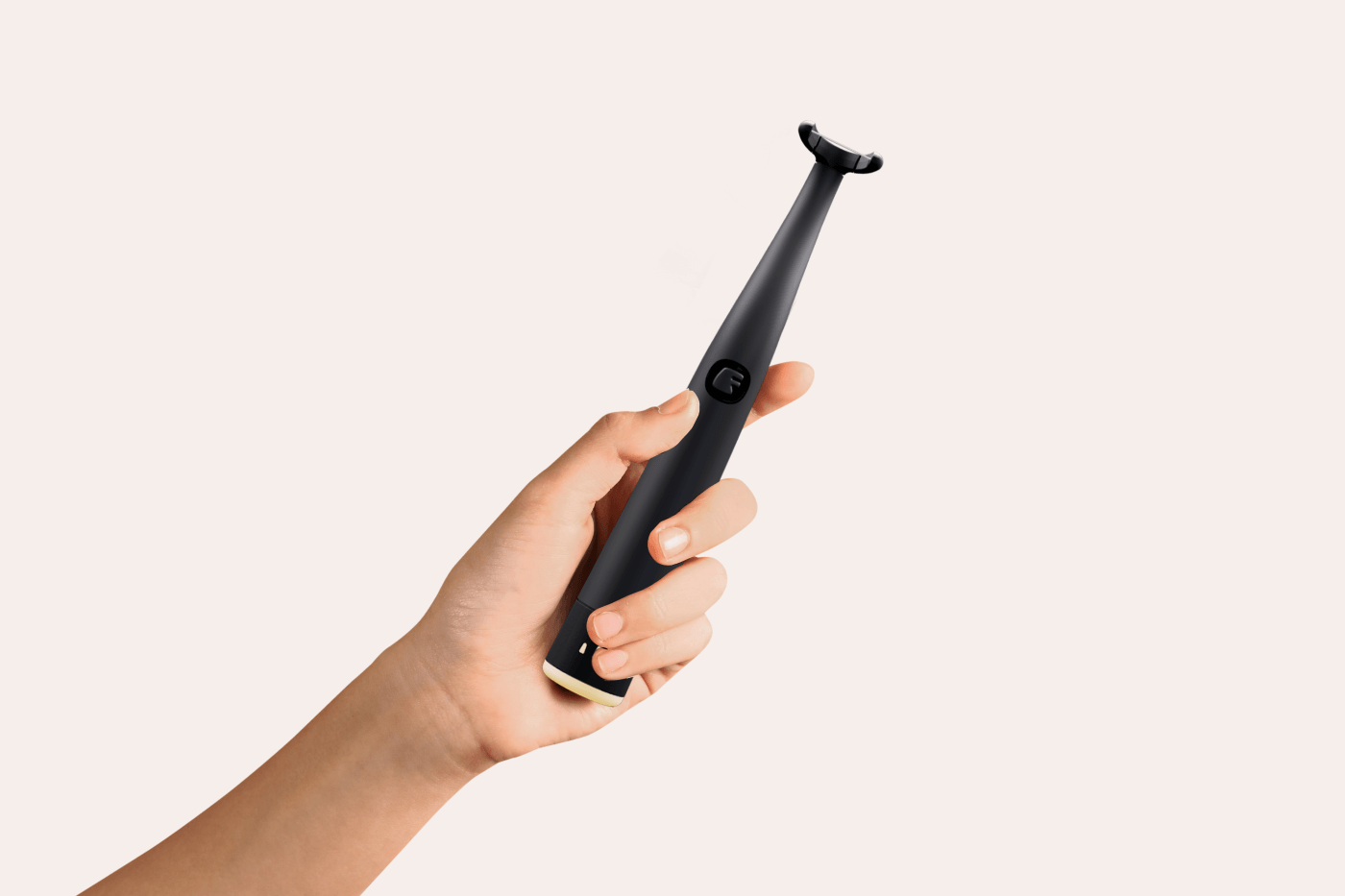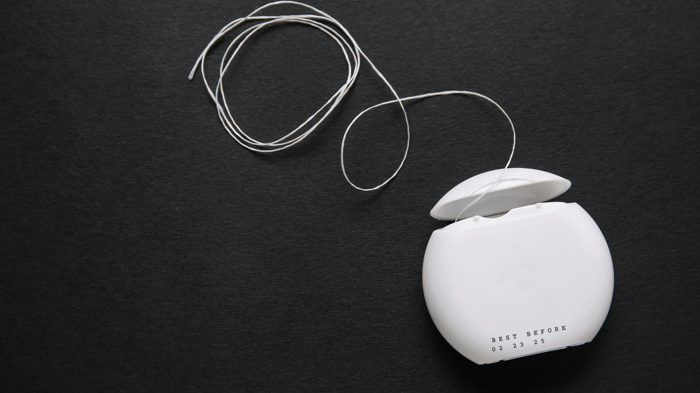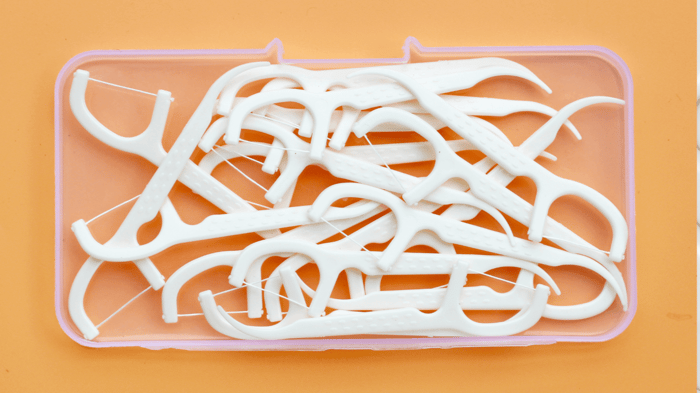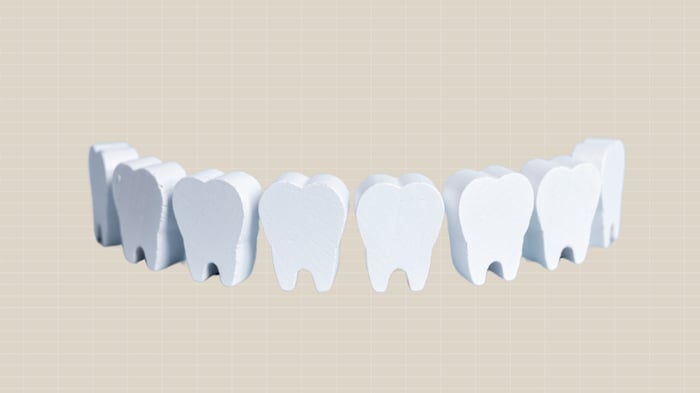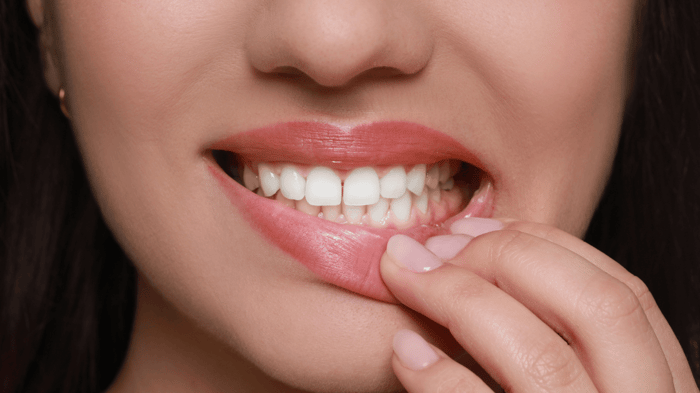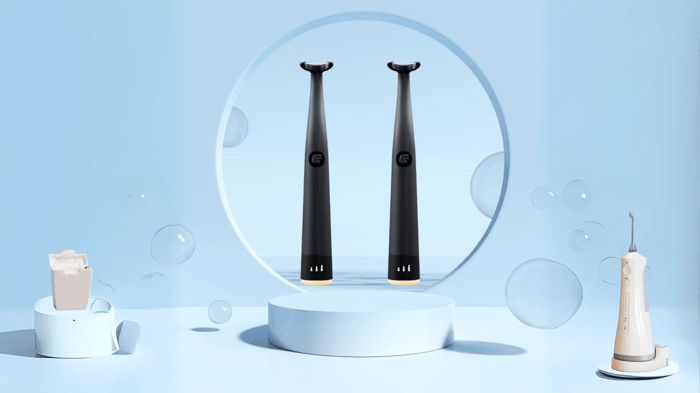Sunrise has something to offer aside from that splendid spectacle of dazzling lights—it's the perfect time to work on your dental health. If you've always been an evening or after-meal flosser, it might be high time you reconsider. Flossing in the morning could be a gamechanger for your oral hygiene habits and overall dental well-being. In fact, the benefits might surprise you! So, let's delve into why switching up this simple act could leave you with a healthier smile for life.
While there is no definitive answer, flossing either in the morning or at night can be effective for maintaining good dental health. Some individuals prefer flossing at night to remove plaque and food particles accumulated throughout the day, while others opt for flossing in the morning to address bacteria build-up overnight. Ultimately, consistency and thoroughness in flossing are more important than the specific time of day.
Why Floss in the Morning?
Flossing is an essential part of maintaining good oral hygiene, and the timing of when you floss can play a role in optimizing its effectiveness. While there is no significant difference in dental health between flossing in the morning or at night, flossing in the morning offers several potential benefits worth considering.
One of the primary advantages of flossing in the morning is the elimination of overnight bacteria buildup.
Elimination of Overnight Bacteria Buildup
Throughout the night, bacteria naturally accumulate in our mouths. When we sleep, our saliva production decreases, allowing these bacteria to proliferate and form plaque. By flossing in the morning, you can remove this buildup of plaque and food particles that have accumulated overnight. This not only helps keep your teeth clean but also reduces the potential for bacteria causing morning breath.
Imagine waking up with a fresh breath and a feeling of cleanliness in your mouth. It sets a positive tone for your day and boosts your confidence as you interact with others. Additionally, starting your day with a clean mouth promotes good oral hygiene habits throughout the day, reminding you to take care of your teeth as you go about your daily routine.
Ultimately, whether you choose to floss in the morning or at night depends on personal preference and what works best for your schedule. What matters most is establishing a regular and thorough flossing routine to achieve optimal oral health. Family Tree Dental understands the importance of proper dental care and offers a range of services, including orthodontics and dentures, all delivered with a focus on comfort, convenience, and kindness.
Consequences of Inconsistent Morning Flossing
We all know the importance of maintaining good oral hygiene habits, and one crucial component is flossing. While some may argue that flossing is not necessary or can be done irregularly, the consequences of inconsistent morning flossing should not be overlooked. By neglecting to floss in the morning, we expose our teeth and gums to potential risks and issues that can have long-term effects on our dental health.
Let's consider a scenario where Sarah decides to skip flossing in the morning due to time constraints or simply forgetfulness. Over time, plaque begins to accumulate between her teeth and along her gum line. This accumulation creates an environment conducive to the growth of harmful bacteria, leading to various dental problems.
Now that we understand the potential consequences of inconsistent morning flossing, let's examine one specific issue that arises from this habit - increased plaque buildup and the potential for gum disease.
-
Consistent flossing is crucial for maintaining good oral hygiene and preventing potential dental problems. Neglecting to floss in the morning allows plaque to accumulate between teeth and along the gum line, creating an environment for harmful bacteria to grow. This can lead to increased plaque buildup and the potential development of gum disease. Therefore, it is important to prioritize morning flossing as part of our daily oral care routine in order to ensure long-term dental health.
Increased Plaque and Potential for Gum Disease
Think of plaque as an invisible army that invades your mouth overnight, ready to wreak havoc if left undisturbed. Flossing in the morning serves as your secret weapon against this invader, helping you maintain a clean and healthy smile throughout the day.
When we neglect to floss in the morning, plaque builds up between our teeth and along the gum line. This sticky film contains a combination of bacteria, food particles, and saliva that hardens over time if not removed. As plaque accumulates, it becomes more difficult to remove with brushing alone. The result? Increased plaque buildup provides a fertile ground for harmful bacteria to thrive and potentially lead to gum disease.
Gum disease, also known as periodontal disease, is a common oral health issue characterized by inflammation and infection of the gums. It starts with gingivitis, causing redness, swelling, and bleeding. Without proper intervention, it can progress to more severe forms of gum disease that may result in tooth loss.
By consistently flossing in the morning, we are effectively removing plaque and reducing the potential for gum disease. This proactive approach helps maintain a clean and healthy mouth, safeguarding our smile and overall oral health.
-
According to a survey conducted by the American Dental Association, only 40% of Americans actually floss on a daily basis.
-
A study from the Journal of Periodontology found that students who were regular flossers had significantly less gum inflammation compared to non-flossers.
-
The National Health and Nutrition Examination Survey (NHANES), covering 2009–2014, revealed that young people aged between 15-24 years had some of the highest incidences of gingivitis, illustrating the importance of good oral hygiene habits including flossing, irrespective of time during the day.
Advantages of Regular Morning Floss
Flossing in the morning offers several advantages for your dental health. First and foremost, it helps remove plaque and food particles that have built up overnight. During sleep, the mouth produces less saliva, allowing bacteria to flourish and form plaque. By flossing in the morning, you can effectively remove this build-up and prevent it from causing tooth decay or gum disease.
Additionally, regular morning flossing contributes to fresher breath throughout the day. We've all experienced those moments when we wake up with less-than-pleasant breath in the morning. Flossing can help eliminate leftover food particles that may be trapped between teeth, reducing the potential for bacteria growth and morning breath.
Imagine waking up and starting your day with fresh breath, confident in your oral health. This advantage alone can have a positive impact on your self-esteem and overall well-being.
Ultimately, incorporating morning flossing into your routine provides a proactive approach to maintaining excellent oral hygiene, preventing dental problems from arising later on.
Building Good Oral Hygiene Habits
Beyond its immediate benefits, regularly flossing in the morning also contributes to building good oral hygiene habits. By making flossing a consistent part of your daily routine, you establish a healthy habit that reinforces overall dental care.
Consistency is key when it comes to maintaining a healthy smile. Flossing in the morning sets a positive tone for the rest of your day and acts as a gentle reminder to take care of your oral health throughout the day as well. It becomes a ritual that signals to your brain the importance of caring for your teeth and gums.
Furthermore, incorporating morning flossing into your routine helps eliminate any excuses or time constraints that may arise during a busy day. By completing this essential step in the morning, you've already accomplished one aspect of your oral care regimen, giving you peace of mind and motivation to continue practicing good oral hygiene throughout the day.
Just like starting your morning with a healthy breakfast sets the tone for making nutritious choices throughout the day, flossing in the morning creates a domino effect for maintaining excellent dental health.
Incorporating Morning Floss into Your Routine
In the quest for optimal oral health, flossing has long been recognized as an essential habit. While there may not be a significant difference in dental health between flossing in the morning or at night, incorporating morning flossing into your routine can offer a range of benefits.
If you’re struggling with incorporating flossing into your morning routine, you might want to look at flossing tools that can help make flossing more comfortable, easier and quicker. Electric flosser, such as Flaus, use real dental floss and sonic vibrations to make flossing as easy, quick and comfortable as using your electric toothbrush. Electric flossers help you do a thorough job of flossing, while making the process less time consuming and onerous, meaning, it’s easier to make a habit.
One advantage of flossing in the morning is that it helps remove bacteria that has built up overnight. During sleep, our mouths become a breeding ground for bacteria as saliva production decreases, allowing them to flourish. By flossing in the morning, you effectively remove these bacteria and start your day off with a fresh and clean mouth.
Consider the scenario of waking up with a fuzzy feeling on your teeth and bad breath. By taking a few minutes to floss in the morning, you can eliminate the plaque and food particles that have accumulated overnight. Not only does this help improve your breath, but it also reduces the potential for bacteria growth throughout the day.
Furthermore, incorporating morning flossing into your routine encourages good oral hygiene habits throughout the day. Starting your day with this activity sets a positive tone and serves as a reminder to prioritize oral care as you go about your daily activities.
Imagine it as a gentle nudge to take care of your dental health as you prepare for new challenges each day. Just like how we brush our teeth in the morning to feel refreshed, adding flossing to this routine enhances our overall oral hygiene.
Another benefit of morning flossing is that it complements regular brushing by removing debris from between teeth and along the gumline. Brushing alone may not effectively reach these areas, but combining it with flossing helps ensure thorough cleaning and reduces the risk of dental issues such as cavities and gum disease.
It's important to note that incorporating morning flossing doesn't mean skipping evening flossing. While morning flossing serves its purpose, nighttime flossing remains crucial as it removes the food particles and plaque that have accumulated throughout the day.
Ultimately, whether you choose to incorporate flossing into your morning routine or prefer to do it at night, what matters most is regular and proper flossing. Thoroughly floss between each tooth, in conjunction with brushing, for optimal oral health and hygiene.











